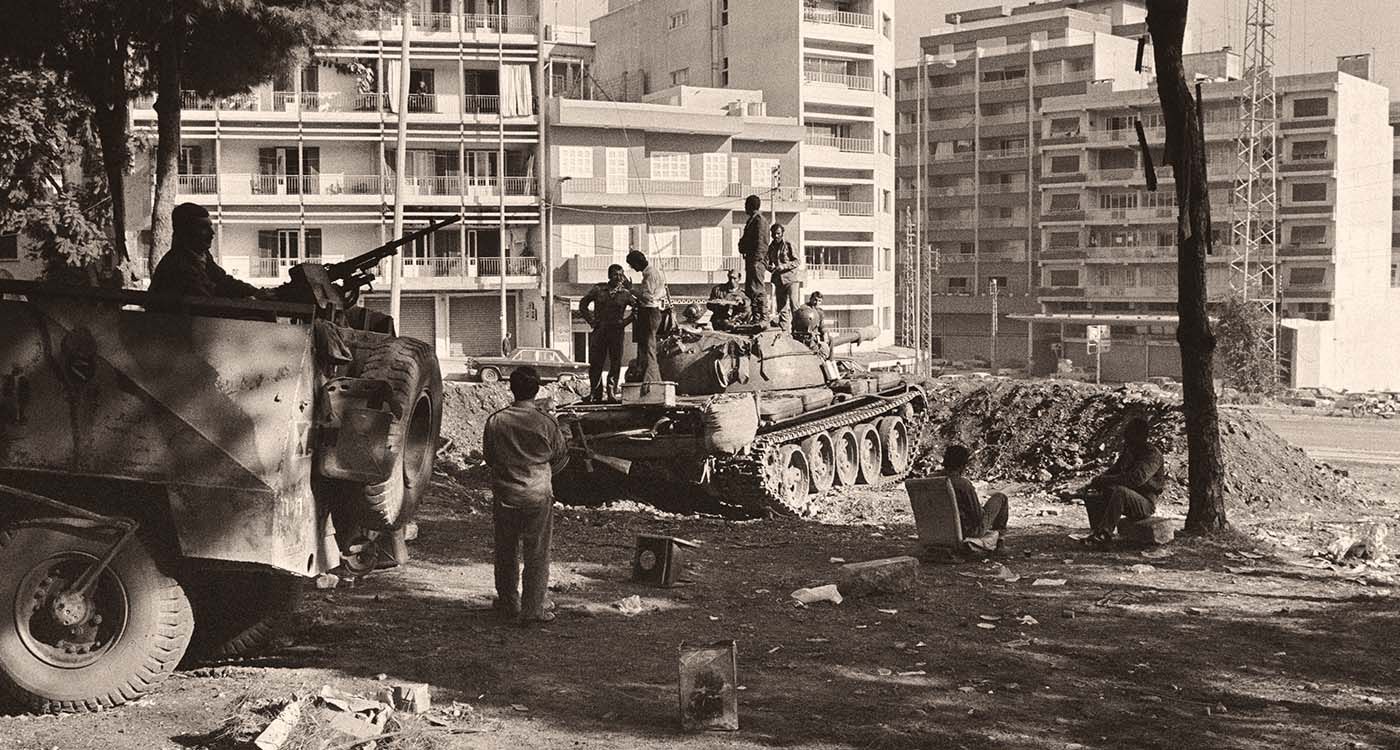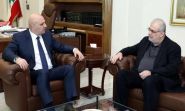
Lebanon is preparing to commemorate the 50th anniversary of the outbreak of the civil war, which started on April 13, 1975, and lasted for more than 15 years. The actual date of the war’s end, October 13, 1990, was not the end of the crisis. The end of the war means three parallel things.
The first is the withdrawal of weapons from all combatants, which did not happen, as Hezbollah’s arms remained, albeit under the pretext of liberating the land. Unfortunately, this did not happen; rather, the weapons became a tool for political pressure within the country.
The second is internal reconciliation, which only took place on March 14, 2005, when the warring Sunnis, Druze and Christians gathered in one square, raising the slogan “Lebanon First,” though they had different priorities at the outbreak of the war.
The third is reconstruction and balanced development, which all governments called for but never implemented. Over the years, different priorities prevailed, preventing Lebanon from turning the page of the war, which remains present in the city’s landmarks and many people’s psyches.
The war effectively ended today. It ended with the confiscation of illegal weapons. The government and the new administration must continue dismantling Hezbollah’s military arsenal, ensuring that the army holds full sovereignty in Lebanon and preventing any uncontrolled weapons from continuing to dominate military and political decisions in the state.
As for internal reconciliation, it is time for the Shiite faction to join in, after realizing that its time in power has met the same fate as other ruling periods before it. The Druze were broken by the assassination of Kamal Joumblatt in the 1970s. The Christians were broken by the assassination of Bachir Gemayel in the 1980s and then by the storming of Baabda Palace in the 1990s. The Sunnis were broken by the assassination of Rafic Hariri in the early 2000s.
Everyone has had their experience. The real experience that guarantees survival is the experience of the state under the umbrella of a united Lebanon—unless other options are considered. However, such alternatives will not be available in the foreseeable future, given the shifting maps of the entire Middle East.
The third point falls on the shoulders of the new administration. The talk at the inauguration speech about balanced development and expanded administrative decentralization was not in vain. The Taif Agreement did not arbitrarily endorse these provisions either. It is illogical for Beirut to be the central authority while Lebanese citizens in peripheral areas live as if they are in a place disconnected from the central state.
The people of Akkar, Beqaa and the South deserve to have a say in their development after being deprived of it for years, making it difficult for them to achieve progress.
Lebanon deserves to be a state after 50 years of war. We also deserve to live in calmness after all the failed experiences that different sects have gone through, which the nation must now move beyond.
The war did not last 15 years; it lasted exactly 50 years—half the lifespan of Greater Lebanon.
Isn’t it time, then, to commemorate the end of the war and begin a new phase?



Comments